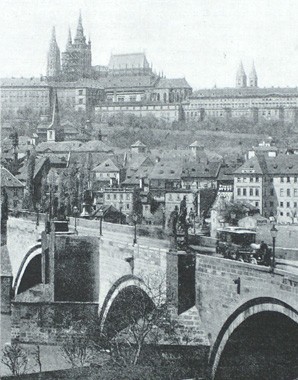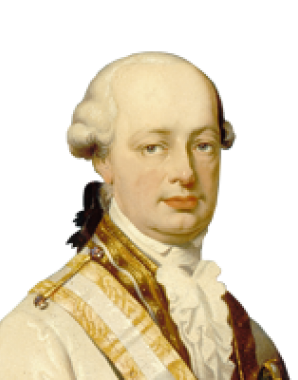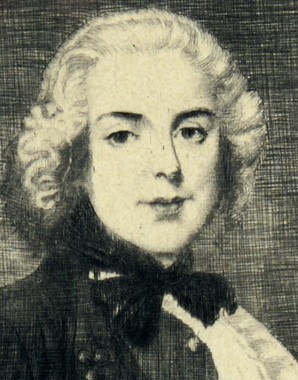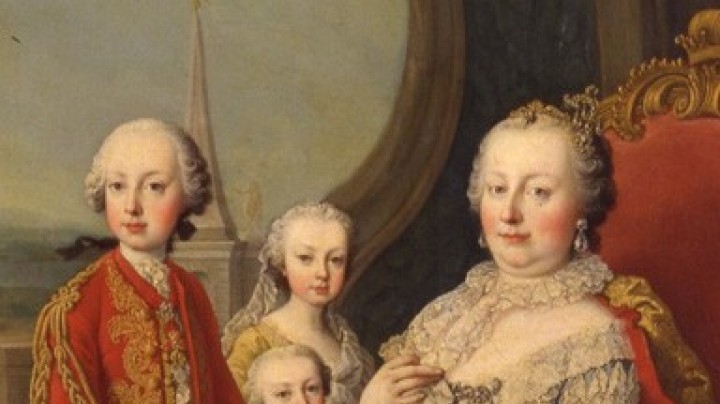La clemenza di Tito – but no clemency for Mozart
On the heels of the new emperor, Leopold II, Mozart travels to Frankfurt for the imperial coronation and composes an opera for Leopold’s coronation as King of Bohemia.
On the death of Joseph, his brother, who had ruled over Tuscany for twenty-five years, became emperor as Leopold II. His relations with his brother always having been antagonistic, he dismissed several of Joseph’s hangers-on. Da Ponte was even banished from the country. Mozart kept his post and asked to be appointed second Hofkapellmeister alongside Salieri and to be allowed to teach Leopold’s sixteen children. However, his request went unanswered.
In September 1790 Mozart travelled to Frankfurt at his own expense for the coronation of Leopold II as Holy Roman Emperor. All the princes of Germany had gathered there, and he hoped to secure a commission. There were huge celebrations; an ox-roast was held in the main square and the meat distributed among the common people, and the fountain there was made to flow with wine. On temporary stages in the marketplaces dramatic performances were given in homage to the new Emperor, and the city was decorated with temporary triumphal arches. The coronation mass in the cathedral was conducted by Antonio Salieri.
In August 1791 Mozart returned to Prague: the Prague estates had successfully championed their beloved composer for the opera to celebrate Leopold’s coronation as King of Bohemia in Prague. La Clemenza di Tito was a hymn to the beneficence and clemency of the Roman emperor Titus. At the same time the opera paid homage to the new king, glorifying one of the ‘virtues of the dynasty’, the clementia austriaca, an attribute ascribed to the Habsburg lineage. Clemency was the virtue ‘that makes man godlike, the queen of the Virtues, that includes all others’. In a strictly patriarchal notion of society it elects the ruler as the ‘Father of the Nation’, who rules over his subjects strictly but tempers his rule with justice and clemency, like a pater familias.
Mozart received a fee of nearly 900 gulden. He had overworked to produce the composition, but the opera was not a success. The imperial couple had no interest in Mozart. The audience consisted of official guests from the Court Household, diplomats and Bohemian envoys. Very few were connoisseurs of music and most of them were bored. It was not until further performances of the opera took place that it appreciation for it started to grow.
The music accompanying the solemn procession of the newly-crowned King and Queen of Bohemia in Prague’s St Vitus’ Cathedral was conducted by Salieri in his position as Hofkapellmeister. While he was accommodated in the Hradschin (the royal palace), Mozart had to put up at a common inn.
















